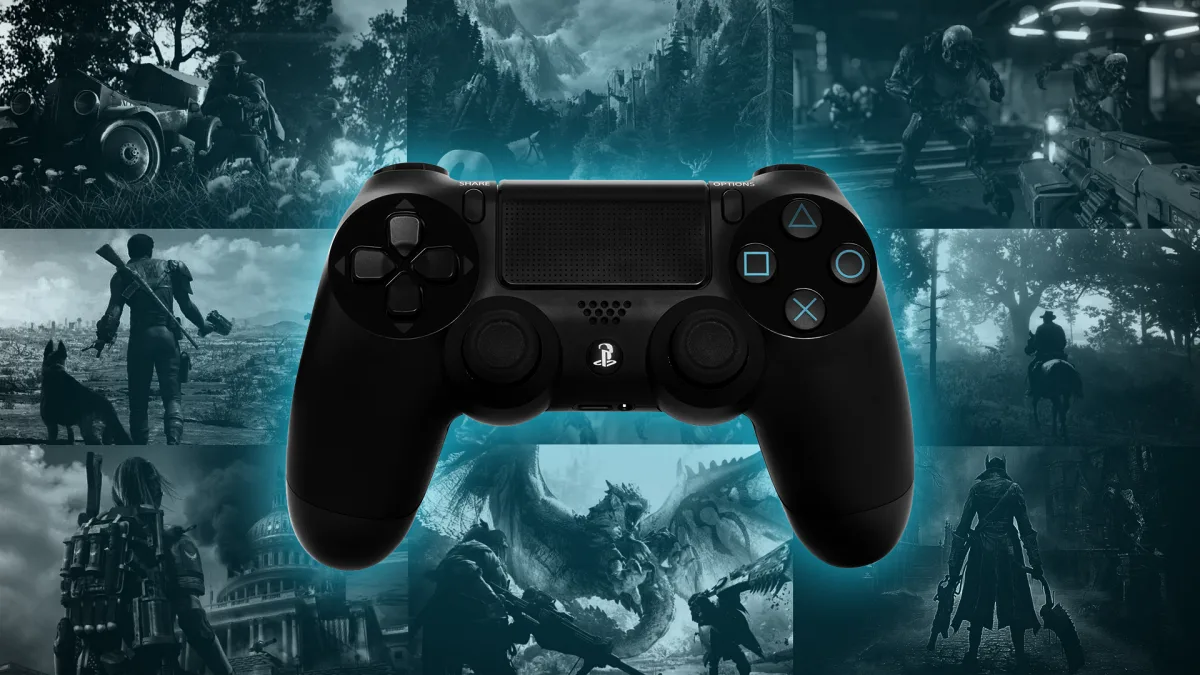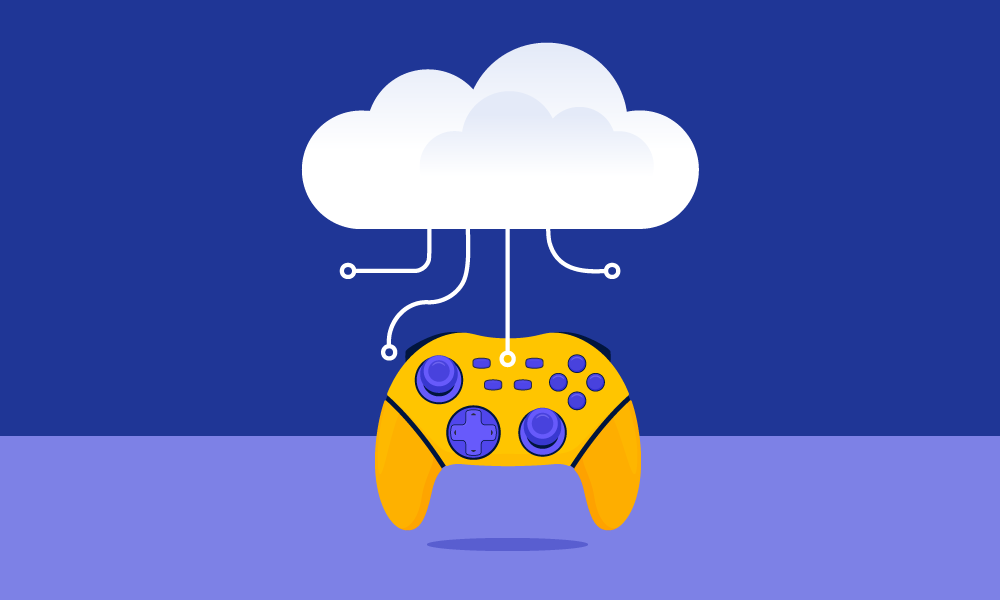Artificial Intelligence (AI) is making a big impact in the gaming industry. It is helping game developers create better experiences for players. AI is improving game design, making characters smarter, and helping games feel more real. In this article, we will explore how AI is used in gaming and what it means for the future of video games.
1. What is AI in Gaming?
AI in gaming means using smart computer programs to improve how games work. It helps make characters act in a human-like way. It also makes games more challenging and fun. AI is used to create realistic movements, smart enemies, and new gaming experiences.
Game companies use AI to build worlds that feel alive. It allows developers to make games more exciting without writing every action manually. Instead, AI helps characters and game environments react naturally to players’ choices.
2. AI in Non-Player Characters (NPCs)
One of the most common uses of AI in games is for non-player characters (NPCs). NPCs are the characters in a game that players do not control. AI makes NPCs smarter so they can respond to players in a realistic way.
For example, in shooting games, AI-controlled enemies can learn a player’s behavior. If a player hides often, the enemies might try to find ways to attack from a different direction. In strategy games, AI can control enemy teams and make them more competitive.
Games like The Last of Us and Red Dead Redemption 2 use AI to make characters feel real. They react to the player’s actions, making the game more immersive.
3. AI for Game Testing and Bug Fixing
Game development is a long process. Developers need to test games to find problems (called “bugs”). AI helps in testing games faster and more efficiently.
AI can play the game thousands of times to find errors that a human tester might miss. It can also check if the game is too easy or too hard. This saves time for developers and makes games more polished before they are released.
Many gaming companies use AI to improve quality control. It helps them create smooth and enjoyable games without spending years fixing bugs.
4. AI and Procedural Content Generation
AI is also used to create new content in games. This process is called procedural content generation. It means that AI can create new levels, maps, or challenges without human input.
For example, in the game Minecraft, the world is different every time a player starts a new game. AI generates the landscape, caves, and mountains. In games like No Man’s Sky, AI creates entire planets and creatures that players can explore.
Procedural content generation helps developers save time. It also makes games feel fresh and different every time they are played.
5. AI and Personalization in Gaming
AI can make gaming experiences more personal. It can study how a player plays and change the game to match their style.
For example, if a player prefers to explore instead of fighting, the game can suggest areas to visit. If a player likes a difficult challenge, AI can make enemies stronger. This makes gaming more enjoyable for each person.
Some mobile games use AI to recommend new challenges or rewards based on a player’s behavior. AI can also adjust difficulty levels so that players do not feel frustrated or bored.
6. AI and Voice Recognition in Games
Many modern games now use voice recognition technology. AI helps games understand spoken commands from players.
For example, in some games, players can talk to characters using their voice instead of choosing from a list of replies. AI listens and responds naturally. This makes games feel more interactive and realistic.
Games like The Elder Scrolls V: Skyrim allow players to use voice commands for spells and attacks. This technology is still improving and will become more common in future games.
7. AI in Virtual Reality (VR) and Augmented Reality (AR) Gaming
AI is making Virtual Reality (VR) and Augmented Reality (AR) games more realistic. In VR games, players feel like they are inside the game world. AI helps improve how objects and characters react.
For example, in VR boxing games, AI can make the opponent fight differently based on the player’s skills. In AR games like Pokémon GO, AI helps place virtual creatures in real-world locations.
As VR and AR technology improve, AI will make these games even more exciting.
8. AI for Game Storytelling and Dialogue
AI is also used to create better stories in video games. Some games now use AI to generate dialogue. Instead of pre-written conversations, AI can create new responses based on what the player says.
For example, in role-playing games (RPGs), AI can create unique stories based on a player’s choices. This makes every playthrough different.
Some developers are experimenting with AI to write quests, side missions, and character interactions. This can make open-world games feel endless.
9. The Future of AI in Gaming
AI is still improving, and its role in gaming will continue to grow. In the future, we might see AI that can create entire games on its own. AI could also help games become more realistic, with better animations, voices, and environments.
Some experts believe that AI will allow players to have unique gaming experiences every time they play. Instead of scripted stories, AI could create completely new adventures based on the player’s actions.
However, there are also challenges. AI requires a lot of data, and some people worry about privacy and security. Game developers need to make sure AI is used responsibly.



